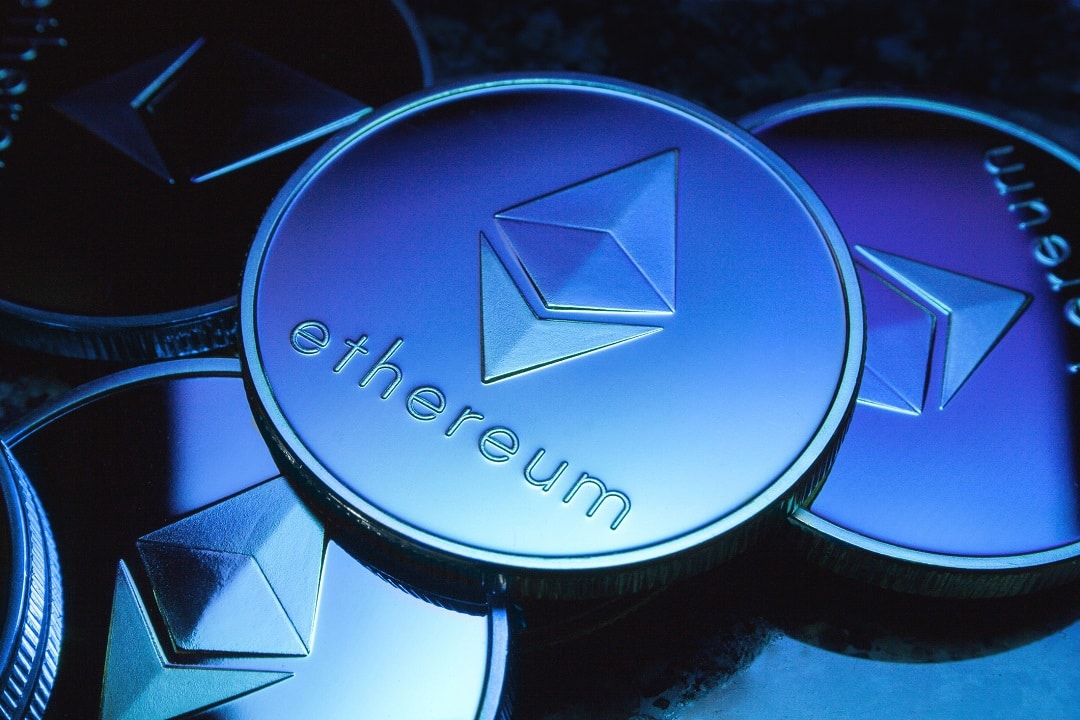The update of the Ethereum blockchain has been postponed, as confirmed by Wei Tang of Parity Tech: more time is needed to complete the implementation.
There are several reasons, for example, some of the EIPs (Ethereum Improvement Proposals) were approved late and they require further testing, moreover, an important refactoring of the code is underway, which also requires time.
The developers were prepared to choose a block for the launch on the testnet, but now it’s necessary to wait for Parity, which requires two more weeks.
Istanbul is the name of the next Ethereum hard fork whose arrival was scheduled for October 2019, but now it may be necessary to wait until November.
An update of the Ethereum blockchain has recently been released, thanks to which minor problems have been solved and some preparatory measures have been introduced for the arrival of Ethereum Istanbul.
The update will be divided into two parts: the first part, which, unless there are delays, will arrive on the mainnet in October, will include six changes to the protocol, known as Ethereum Improvement Proposals (EIPs).
Geth, on the other hand, the client managed by the Ethereum Foundation (EF), has already merged all the EIPs.
IMMAGINE ———————————-
Ethereum: Parity vs Geth
About 76% of the network currently relies on Geth and only 21% uses Parity which has implemented only one EIP, while two others have been almost completed.
Part 1 of the hard fork will increase interoperability with privacy coins (e.g. Zcash) and increase defences against the so-called replay attacks.
A replay attack, sometimes also called a playback attack, is a cyber-attack in which the perpetrator intercepts and then repeats a valid data transmission within a network. Replay attacks can be used to gain access to information stored in a network protected by apparently valid credentials.
These are the four EIPs approved for Istanbul part 1:
- EIP-152: Add Blake2 compression function F precompile
- EIP-1108: Reduce alt_bn128 precompile gas costs
- EIP-1344: Add ChainID opcode
- EIP-2028: Calldata gas cost reduction
Two more EIPs are in the process of being approved:
- EIP-1884: Repricing for trie-size-dependent opcodes;
- EIP-2200: Rebalance net-metered SSTORE gas cost with consideration of SLOAD gas cost change
There have also been several discussions about the increase in the cost of gas for some known actions or functions, but there are fears that this will compromise the proper functioning of some smart contracts that use fixed quantities of gas.
“We know it’s going to break things, theoretically. All of those things can break a different way”.
These are the words of Martin Holst Swende dev of the EF.
If smart contracts were to be unfrozen, there could be a case similar to the well-known Multisig bug, which resulted in about 500 ETH being locked.
There is no discussion about the difficulty bomb that will be delayed again around January or March next year. It could even happen in parallel with the transition to ProgPow. It is a Proof of Work consensus algorithm resistant to Application Specific Integrated Circuit (ASIC) devices. It is an extension of Ethereum’s current Ethash algorithm and is designed to make graphics cards more competitive and minimise centralisation.
The list of EIPs being prepared for the second part of the update (Istanbul part two) can be found on the Ethereum Wiki page.
These delays should not affect Ethereum 2.0, which should arrive in January, due to the fact that there is a different team working on it that will launch another blockchain not related to the chain based on PoW.



